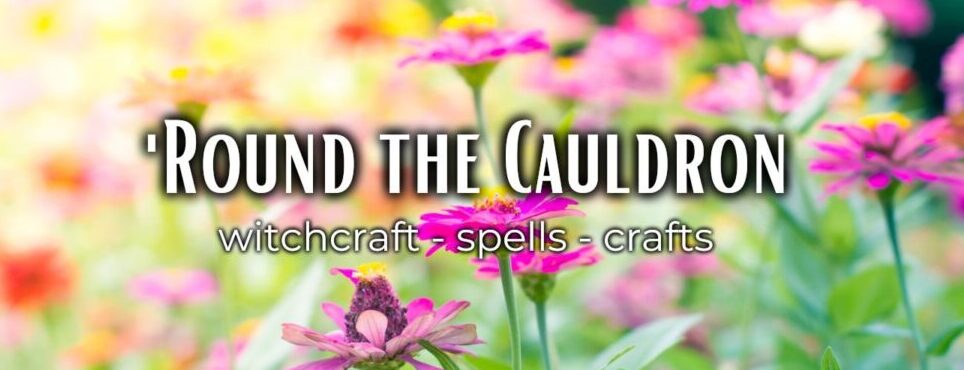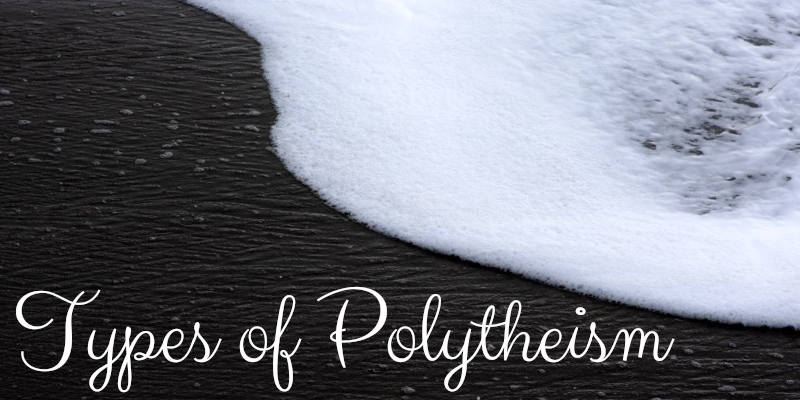The words hard and soft have been used to describe polytheism, but some people don’t know the difference between the two! My newest video on YouTube discusses the differences but I’m going to lay them out here, too.
What is Polytheism?
Put very simply, polytheism is the belief in and/or worship of more than one deity, usually more than two. This word comes from the Greek Polu-, meaning many, and –thoes, meaning god. It is used in the wider occult/pagan community to denote those who work with many deities, usually as part of a pagan or neo-pagan faith. This can further be broken down into different types of polytheism which I think are important for us to keep in mind, especially when we speak to others in the community. Soft polytheism and hard polytheism can be debated subjects within the wider polytheism community. Some people believe that soft polytheism is just monotheism in disguise or pantheism in disguise. Honestly, I used to believe something like that but I have since grown and changed my thoughts. Moving forward in the rest of this post, please keep in mind that I don’t think there’s really a hard and fast definition for hard polytheism and soft polytheism. This is just from my understanding of the two.
First, let’s define the two terms as I understand them.
Soft Polytheism — the belief that all deities are part of one larger whole, so to speak. For example, all goddesses are part of one larger whole goddess.
Hard Polytheism — the belief that every deity is an individual on their own.
The Difference?
The main difference between hard polytheism and soft polytheism is that one believes that every single deity out there is a being in their own right. This means that Aphrodite and Venus and Aengus Oh from the Irish pantheon, all deities involving some form of love and beauty, exist in their own right. They are their own separate beings. Soft polytheism on the other hand can take a different approach. If you are a soft polytheist you might see all three of these beings as holding dominion, so to say, over similar aspects of life or similar subjects. Therefore they may possibly all be different aspects and personifications of the same being.

If that’s confusing, let me give you an example using my crystals. So say you are a soft polytheist and you hold the belief that every feminine-presenting deity is an aspect of a larger being. If we look at my quartz crystal, for example, we can see the whole quartz crystal as the one being. We’ll call her The Divine Feminine. Then, looking again, every facet on this particular quartz crystal is an aspect of The Divine Feminine. So maybe one side of this quartz cluster is Aphrodite while another is Hekate, for example. They are their own facets yet also part of a larger whole.
But what that goes to show is that soft polytheists, in my experience, may believe that every single feminine deity is represented like this. They are all facets of the same being and this could be for many reasons. Maybe it is because the people in one area are more open to a deity that presents in a certain way so The Divine Feminine in soft polytheism decided to present to them in that particular way. However, thousands of miles away, different people over there might have been open to deity being presented in a different manner so The Divine Feminine presented themselves in that way. And that’s only one of the ways that I have seen soft polytheism explained.
Whereas on the other hand, I have two crystals now. The hard polytheist like myself believes that you have The Morrigan over here and then you have like Hecate over here, and though they are both generally feminine-presenting deities, they are deities in their own right — the Irish pantheon and the Greek pantheon — and that they are their own spirits.
Community Considerations
If you had any questions about the differences between hard polytheism and soft polytheism I hope this answered those questions. I do want to say that depending on who you talk to, some people are going to say that soft polytheism doesn’t exist; it’s not a thing that people believe and it’s just something that people made up. Well yes, it may be “made up”, but I think it’s important that we have the distinction between hard polytheism and soft polytheism. If I am speaking to someone about experiences with Brigid, for example, and they are a soft polytheist, their view of deity is going to be wildly different than mine and it’s important to have that distinction and that understanding before we go into conversation with each other.
In my practice, I don’t approach deity with a request without first having a relationship with that deity, without first introducing myself, giving offerings, learning about the spirit beforehand. That’s just how it works in my practice because all of these deities are individuals for me. Someone who is a soft polytheist might not view it that way because if they view the divine as a supreme power or two supreme powers, they already have a working relationship with that divine figure. If they are going to approach a deity for help, an aspect of the divine, they might not view a relationship with that particular aspect as being important because they already have a relationship with the larger divine being.
If you think that soft polytheism is just monotheism in disguise, I would invite you to speak to other soft polytheists and get their opinion if they’re willing to share. Ask them about their beliefs and how they view soft polytheism. I think if it was just monotheism in disguise there would be no need to have all of these other aspects of deities within soft polytheism. Am I a soft polytheist? No, that’s just not how I believe, I guess, and I will probably always be a hard polytheist. It’s just what fits within my world view and it is what I know to be true in my own heart and my own practice.
Let me know in the comments if you are a hard polytheist or soft polytheist. Let me know if this answered any questions. Let me know if you have any more questions and I will do my best to answer them.
Don’t forget to follow me on social media and subscribe to my newsletter.
Facebook| Instagram| Pinterest | YouTube | Newsletter



Leave a Reply